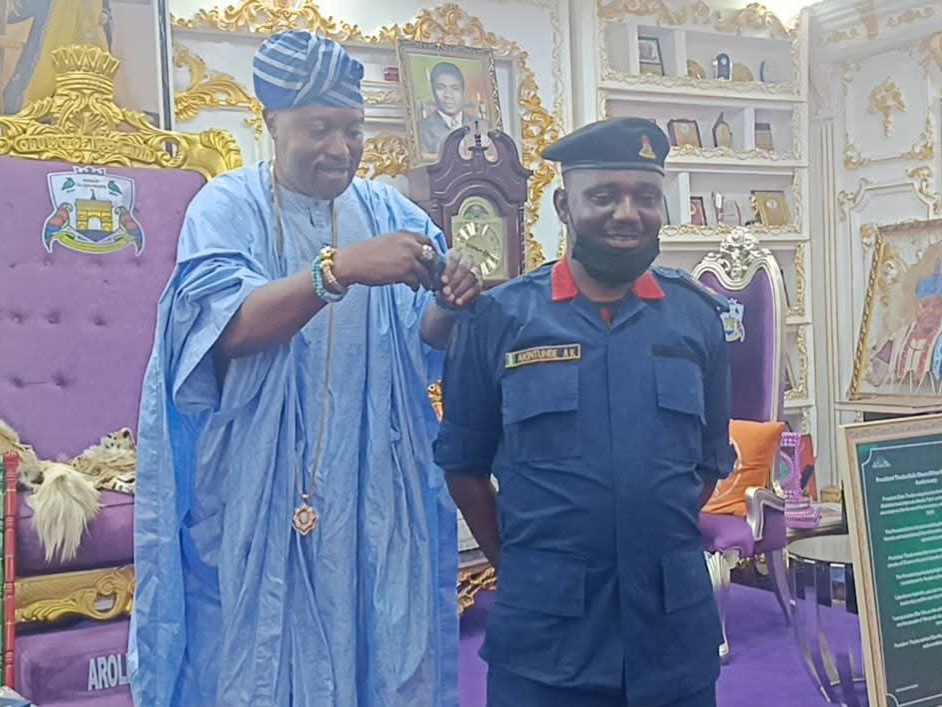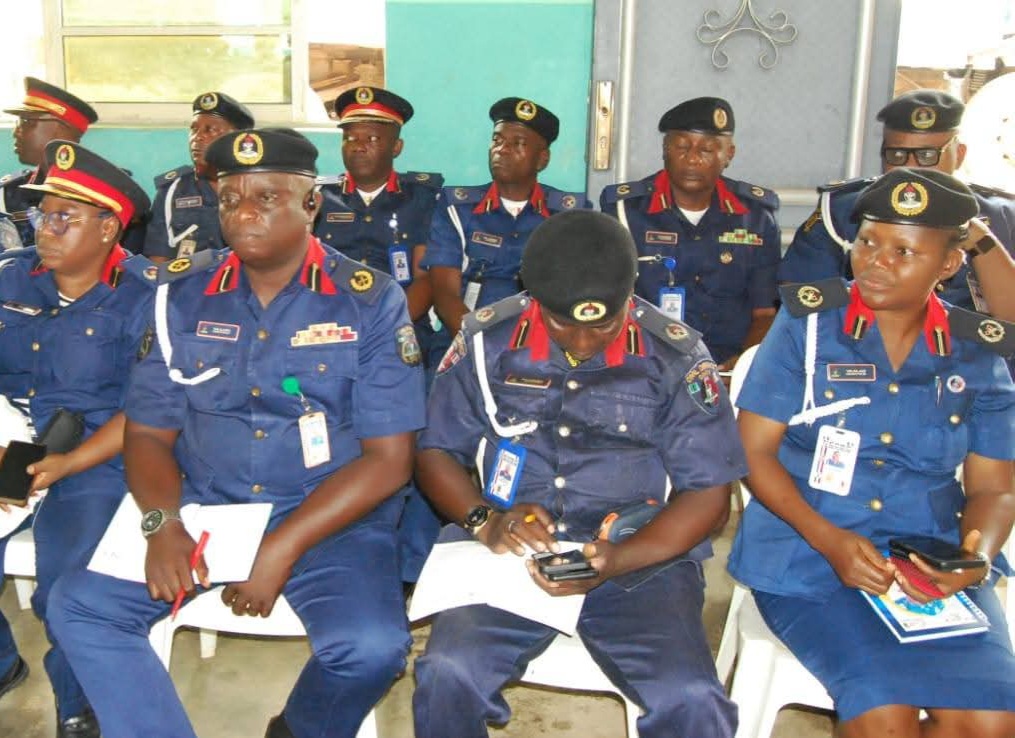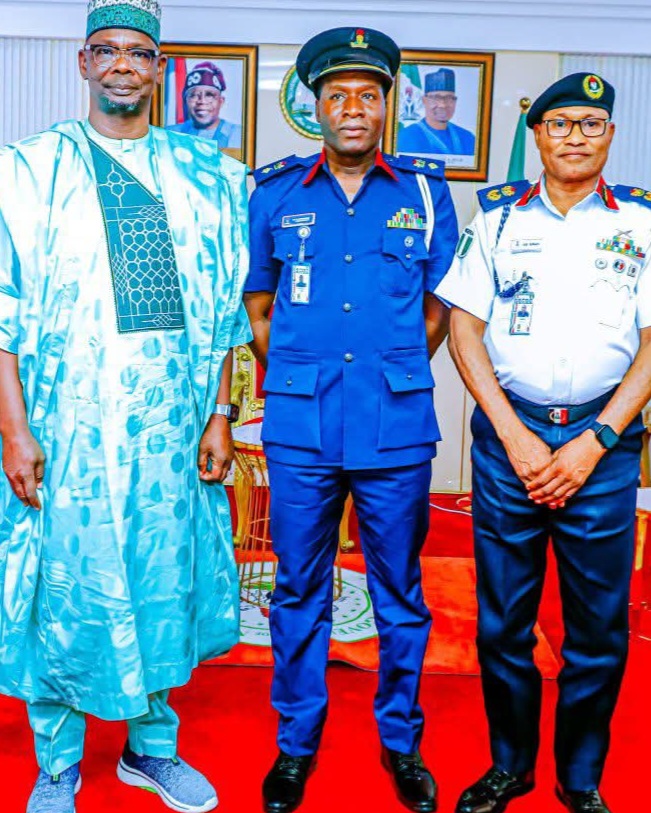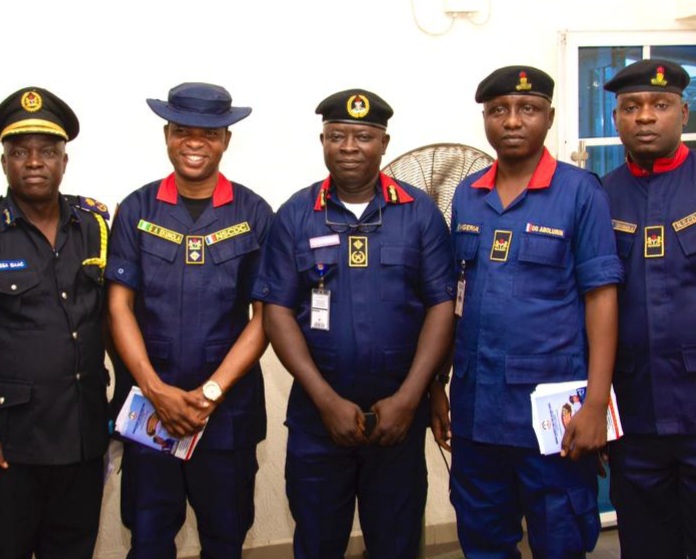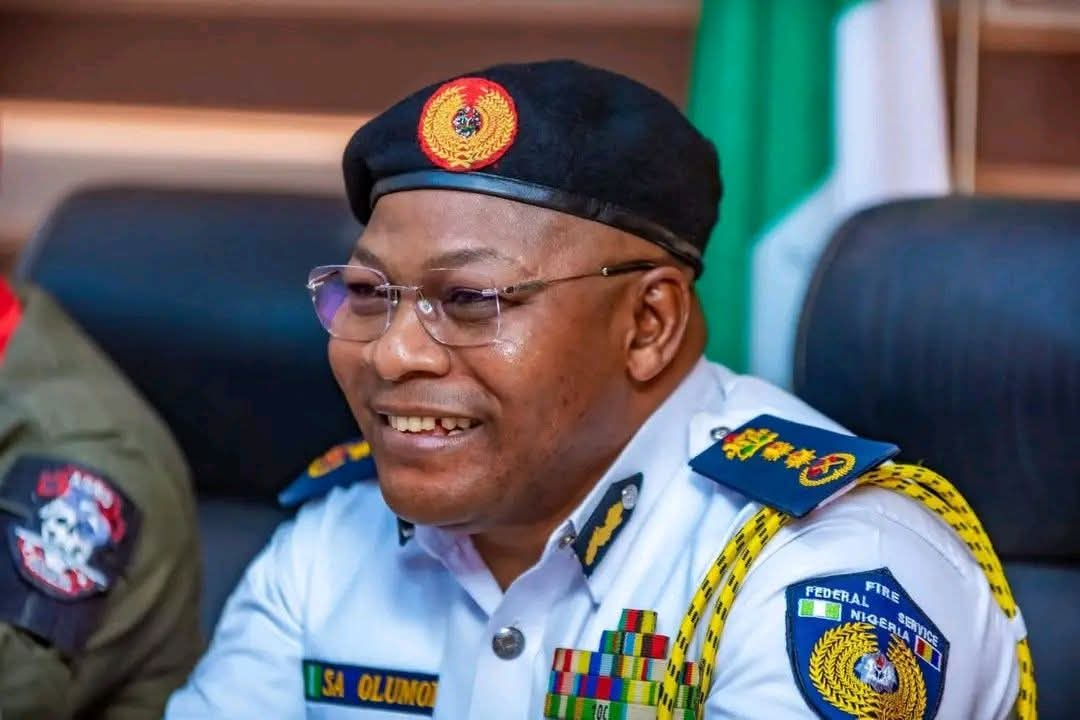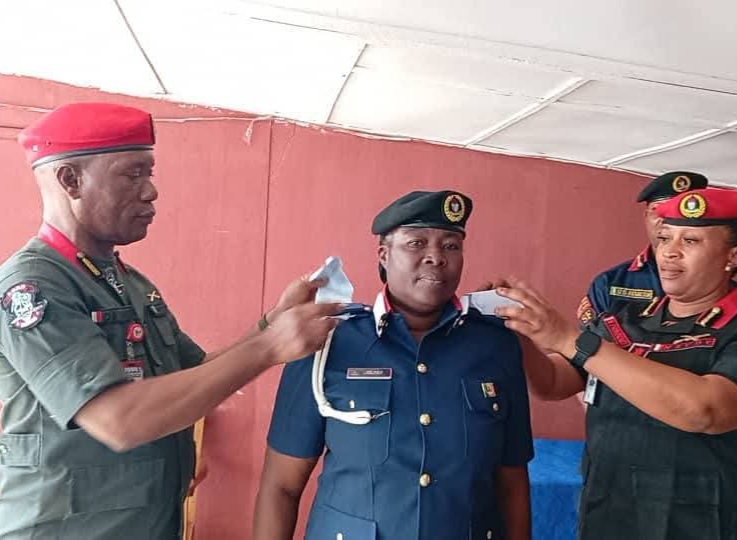In a country long battered by insurgency, banditry, and broken trust in its armed forces, the man now leading Nigeria’s military doesn’t raise his voice or his profile. He’s not flashy. He’s not performative. But over the past two years, General Christopher Gwabin Musa has emerged as a quiet force for a change measured in words, decisive in action.
Since taking over as Nigeria’s Chief of Defence Staff on June 23, 2023, General Christopher Gwabin Musa has ushered in a new era of military leadership, one defined by quiet discipline, strategic intent, and a deepening bond between the armed forces and the civilians they serve. His leadership has driven measurable gains: insurgent strongholds weakened, regional alliances strengthened, military reforms accelerated, and troop morale visibly restored.
But the story goes beyond statistics. Musa’s rise is built on grit earned in the trenches. As Theatre Commander of Operation Hadin Kai, he led some of the most consequential offensives against Boko Haram and ISWAP in the Northeast. Under his watch, over 100,000 insurgents laid down their arms, and dozens of hostages including some of the long-missing Chibok girls were brought home. His calm under pressure and tactical precision didn’t just earn him accolades; they earned him trust, both within the ranks and across a wary public.
That same operational clarity followed General Musa into his current role. Just months after taking office, he initiated a nationwide overhaul of military deployment strategies, fusing traditional force with intelligence-driven precision. “We must be proactive, not reactive,” he told defence correspondents during his first major briefing. “Security today isn’t just about guns; it’s about technology, collaboration, and the people.”
Under his command, Nigeria’s military has recorded tangible results. From the dense forests of Zamfara to the rugged hills of Borno and the farmlands of Benue, coordinated air and ground offensives have dismantled terror cells, destroyed arms caches, and rescued hostages. In the first half of 2024 alone, over 4,500 terrorists and bandits were neutralised, and nearly 3,000 abductees were freed.
Perhaps more telling is the scale of surrender. More than 110,000 insurgents and their families laid down their arms under Musa’s de-radicalization program, a strategy that blends military pressure with amnesty, rehabilitation, and reintegration into society.
“We don’t just fight the enemy, ”General Musa said at a recent national security summit. “We also strive to understand why people take up arms in the first place and what it takes to break that cycle.”
Perhaps one of his most overlooked achievements is his focus on troop morale. No Chief of Defence Staff before him has placed such emphasis on the welfare of soldiers. Musa has championed housing initiatives for the families of fallen heroes, launched trauma counseling programme for frontline troops, and pushed for improved medical coverage and continuous training.
In late 2024, more than 85 Nigerian officers were sent for advanced military training in Turkey, the United States of America and Pakistan as part of his broader vision to make the Nigerian Armed Forces globally competitive yet deeply rooted in local realities. At home, he spearheaded the establishment of new war colleges and regional training centers to build long-term capacity within the force.
But General Musa is not only a soldier; he is also a seasoned diplomat. As Chairman of the ECOWAS Committee of Chiefs of Defence Staff, he has been instrumental in crafting coordinated responses to a wave of military coups across West Africa, particularly in Mali, Burkina Faso and Niger. He has consistently advocated for the protection of democratic institutions, while maintaining critical lines of military cooperation across national borders.
His message is grounded in realism. “The security of one country in West Africa affects all of us,” he said at an ECOWAS summit in Accra. “If we don’t act together, we fall apart separately.”
General Christopher Gwabin Musa understands that in modern warfare, public perception is half the battle. Under his leadership, the Nigerian military has embraced transparency like never before, opening lines of communication, strengthening civil–military relations, and collaborating with humanitarian agencies to deliver aid in conflict-affected areas.
He has taken the uniform beyond the battlefield by hosting town halls, youth fora, and even organising a football tournament titled “Peace and Unity” in volatile communities. Through sport and dialogue, he is rebuilding trust among citizens long alienated by checkpoints and combat fatigues.
Yet, despite these strides, challenges persist. Armed groups continue to exploit Nigeria’s porous borders. Banditry, though diminished, still erupts in pockets. And the defence sector faces persistent issues of logistical shortfalls, bureaucratic inertia, and corruption.
Still, Musa offers something the military has often lacked: vision without chaos. As Nigeria marks two years under his stewardship as Chief of Defence Staff, what truly stands out isn’t just the number of terrorists neutralised or weapons recovered, it’s the quiet, methodical transformation of a military once viewed with suspicion into a force increasingly defined by discipline, service, and humanity.
In a country weary of conflict and skeptical of grand promises, General Musa delivers something rare: calm, competent leadership. He doesn’t chase headlines. He shows no interest in political theatrics. His mission is singular; to secure the nation, and bring every soldier home alive.
And in a time like this, that may be the most radical kind of leadership of all.

